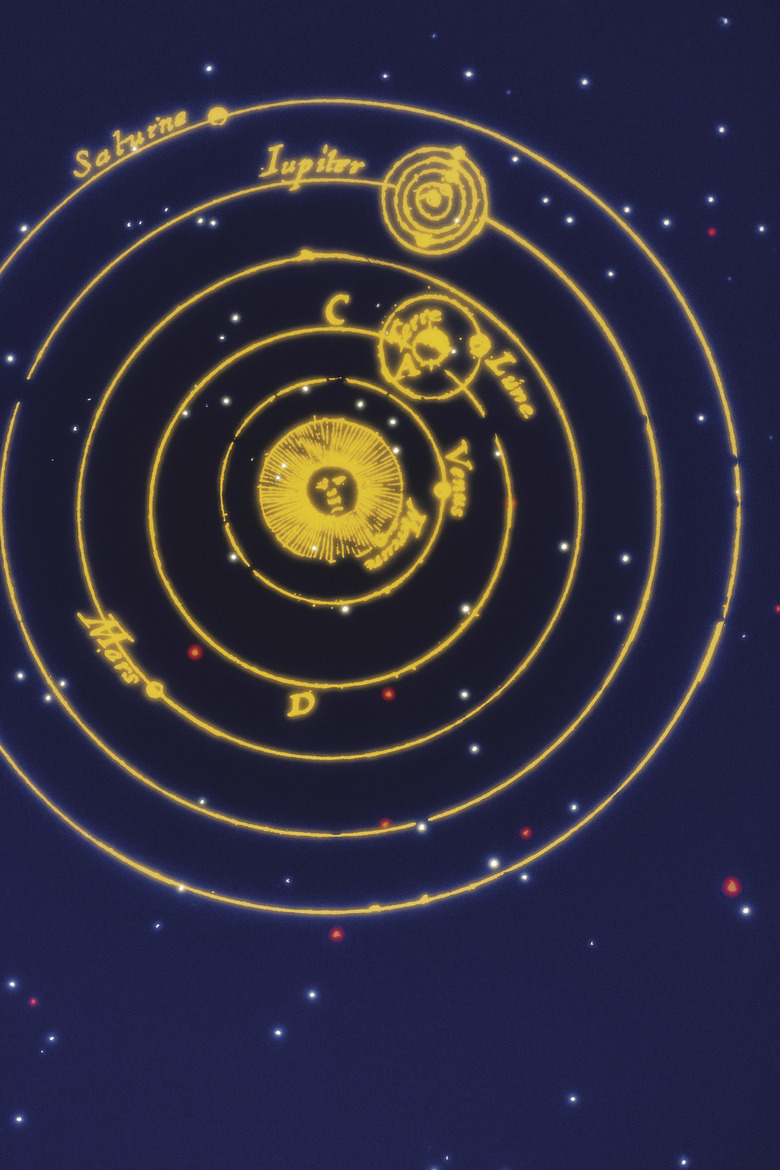Which Planet Moves The Slowest Along Its Orbital Path?
The time it takes a planet to complete one full orbit around the sun is, by definition, one year relative to that planet. However, this answer wouldn't mean much to us earthlings, so this measurement is instead expressed relative to Earth. By using the comparable measurement of Earth years, along with the orbital distance, you can determine which planet travels slowest along its orbital path.
Longest Orbital Time
Longest Orbital Time
At 248 Earth years, Pluto has the longest orbital time. However, Pluto lost its planet status in 2003 when the discovery of the object Eris forced scientists to redefine what constitutes a planet. Now, Pluto is considered a "plutoid," which is a dwarf planet that orbits the sun and exists beyond Neptune. Because Pluto isn't technically a planet anymore, the longest orbital time award goes to the runner-up Neptune, with an orbital time of nearly 165 Earth years.
Slowest Orbital Speed
Slowest Orbital Speed
By dividing the distance traveled in one full orbital cycle by the orbital time, you can derive the orbital speed. If Pluto had maintained its planet status, it would have the slowest orbital speed at just 10,438 miles per hour. Instead, Neptune again wins with an orbital speed of 12,148 miles per hour. Compared to Earth's 66,621 miles per hour, Neptune is practically sluggish.
Cite This Article
MLA
Taylor, C.. "Which Planet Moves The Slowest Along Its Orbital Path?" sciencing.com, https://www.sciencing.com/planet-moves-slowest-along-its-orbital-path-21407/. 24 April 2017.
APA
Taylor, C.. (2017, April 24). Which Planet Moves The Slowest Along Its Orbital Path?. sciencing.com. Retrieved from https://www.sciencing.com/planet-moves-slowest-along-its-orbital-path-21407/
Chicago
Taylor, C.. Which Planet Moves The Slowest Along Its Orbital Path? last modified March 24, 2022. https://www.sciencing.com/planet-moves-slowest-along-its-orbital-path-21407/
